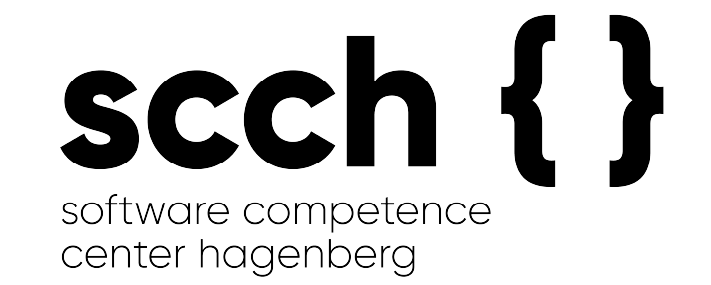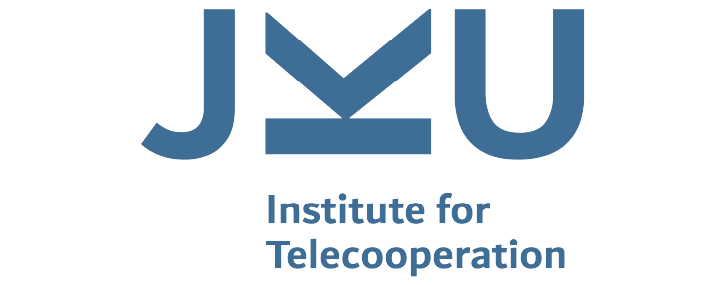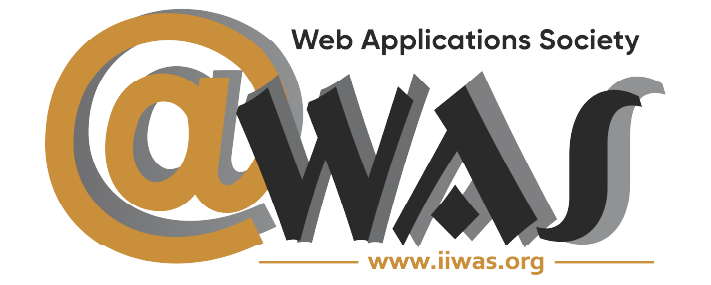DEXA 2024 Keynotes
Keynote
Multimodal Deep Learning in Medical Imaging
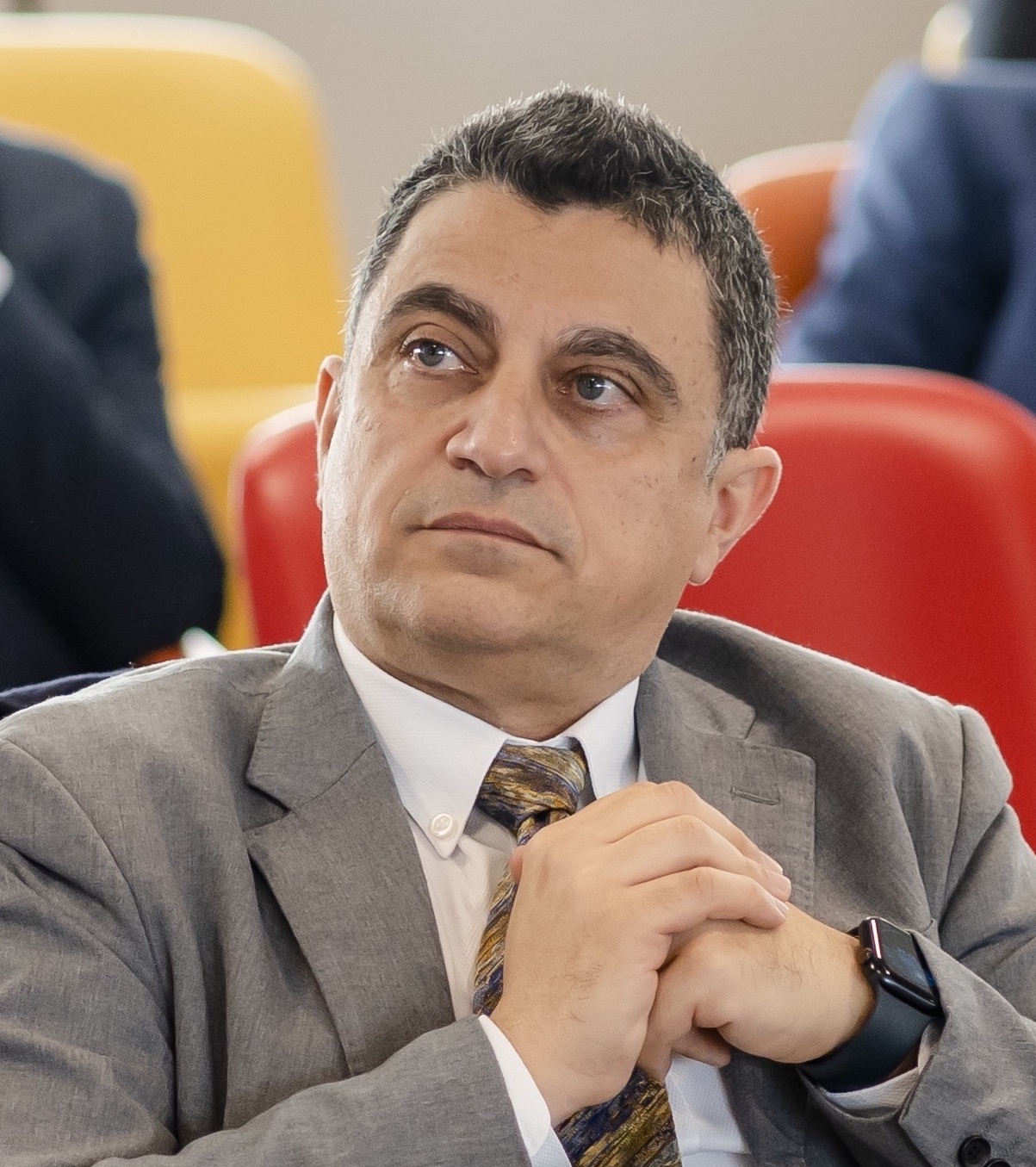
Carlo Sansone
Department of Electrical Engineering and Information Technology
University of Naples Federico II, Italy
Abstract:
In this talk, we will consider how Deep Learning (DL) approaches can profitably exploit the presence of multiple data sources in the medical domain.
First, the need to be able to use information from multimodal data sources is addressed. Starting from an analysis of different multimodal data fusion techniques, an innovative approach will be proposed that allows the different modalities to influence each other.
However, in medical applications it is often very difficult to obtain high quality and balanced labelled datasets due to privacy and sharing policy issues. Therefore, several applications have leveraged DL approaches in data augmentation techniques, proposing models that can create new realistic and synthetic samples. Consequently, a new data source can be identified, namely a synthetic data source. In this context, a data augmentation method based on deep learning, specifically designed for the medical domain, will be presented. It exploits the biological characteristics of images by implementing a physiologically-aware synthetic image generation process.
First, the need to be able to use information from multimodal data sources is addressed. Starting from an analysis of different multimodal data fusion techniques, an innovative approach will be proposed that allows the different modalities to influence each other.
However, in medical applications it is often very difficult to obtain high quality and balanced labelled datasets due to privacy and sharing policy issues. Therefore, several applications have leveraged DL approaches in data augmentation techniques, proposing models that can create new realistic and synthetic samples. Consequently, a new data source can be identified, namely a synthetic data source. In this context, a data augmentation method based on deep learning, specifically designed for the medical domain, will be presented. It exploits the biological characteristics of images by implementing a physiologically-aware synthetic image generation process.
Bio:
Carlo Sansone is currently full professor of Computer Science at the Department of Electrical Engineering and Information Technology of the University of Naples Federico II, where he coordinates the Master in Human-Centred Artificial Intelligence.
His research interests cover the areas of image analysis and recognition, machine learning and deep learning. From an application perspective, his main contributions have been in the fields of biomedical image analysis, biometrics, computer network intrusion detection and image forensics. He has coordinated several projects in the fields of biomedical image interpretation, network intrusion detection and cyberbullying detection using artificial intelligence techniques.
Prof. Sansone is a senior member of the IEEE and a member of the IAPR and ACM. In 2012, he was elected Vice President of GIRPR (the Italian association affiliated to IAPR) for two terms (four years). He was appointed IAPR Fellow and AAIA (Asia-Pacific Artificial Intelligence Association) Fellow in 2022 and AIIA (International Artificial Intelligence Industry Alliance) Fellow in 2024. He is also a member of the Board of Directors of the CINI's National Laboratory of Artificial Intelligence and Intelligent Systems (AIIS) and Vice President of the Italian foundation FAIR (Future Artificial Intelligence Research); the author of over 250 research articles in international journals and conference proceedings and has co-edited four special issues of international journals and five books. He is associate editor of the journal Information Fusion.
His research interests cover the areas of image analysis and recognition, machine learning and deep learning. From an application perspective, his main contributions have been in the fields of biomedical image analysis, biometrics, computer network intrusion detection and image forensics. He has coordinated several projects in the fields of biomedical image interpretation, network intrusion detection and cyberbullying detection using artificial intelligence techniques.
Prof. Sansone is a senior member of the IEEE and a member of the IAPR and ACM. In 2012, he was elected Vice President of GIRPR (the Italian association affiliated to IAPR) for two terms (four years). He was appointed IAPR Fellow and AAIA (Asia-Pacific Artificial Intelligence Association) Fellow in 2022 and AIIA (International Artificial Intelligence Industry Alliance) Fellow in 2024. He is also a member of the Board of Directors of the CINI's National Laboratory of Artificial Intelligence and Intelligent Systems (AIIS) and Vice President of the Italian foundation FAIR (Future Artificial Intelligence Research); the author of over 250 research articles in international journals and conference proceedings and has co-edited four special issues of international journals and five books. He is associate editor of the journal Information Fusion.
Keynote
Digital Humanism as an Enabler for a Holistic Socio-Technical Approach to the Latest Developments
in Computer Science and Artificial Intelligence
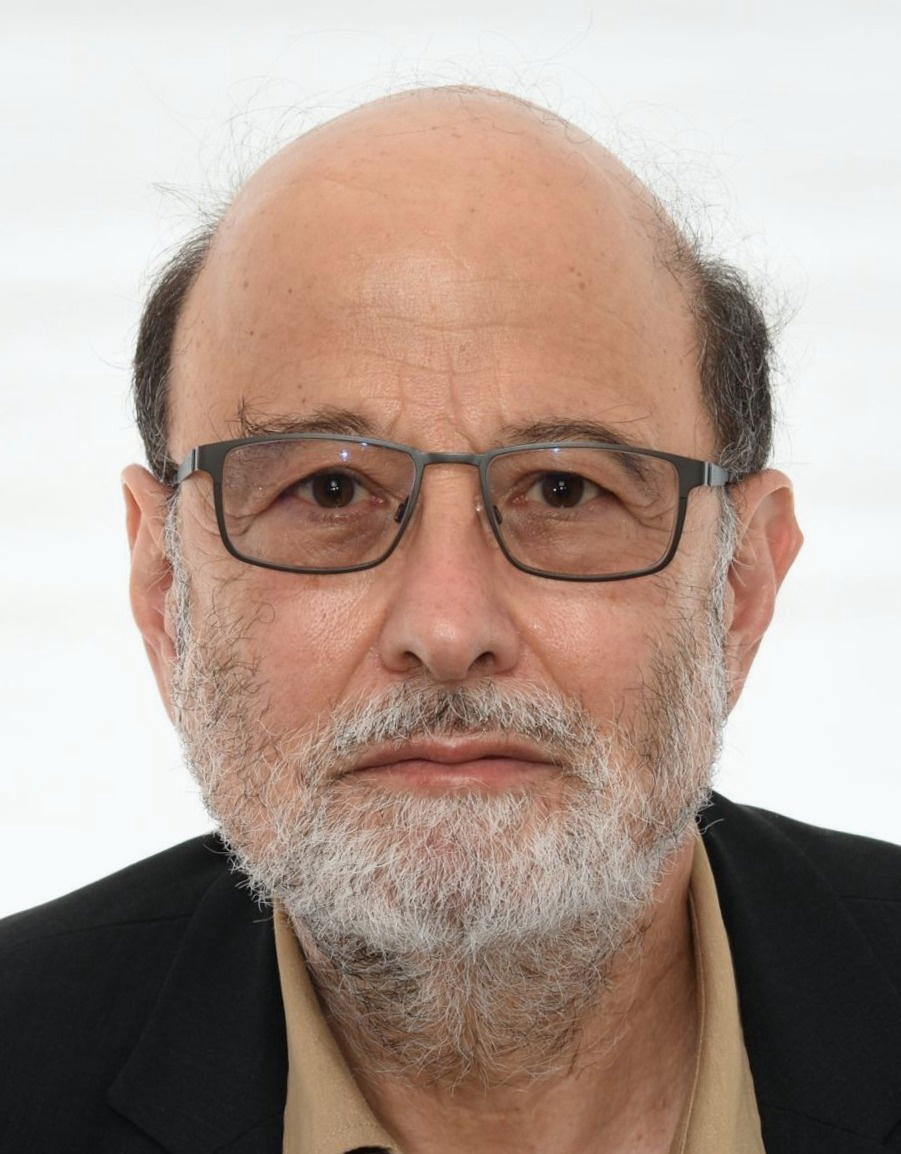
A Min TJOA
TU WIEN (Vienna University of Technology), Austria
Abstract:
The rapid development of computer science and artificial intelligence (AI) has brought about transformative changes, but not without significant ethical, social, and technical challenges. As early as 2017, Tim Berners-Lee, the inventor of the World Wide Web, warned of the "nasty storm" threatening the future of the web, including the proliferation of fake news, propaganda, and increasing polarization. These issues highlight the urgent need for a paradigm that ensures technology serves the best interests of humanity.
This keynote will explore the foundational principles of Digital Humanism and its role in guiding the development of computer science and AI to align with human values and societal well-being.
In December 2023, the United Nations Advisory Panel on AI released its interim report, "Governing AI for Humanity," which highlights the need for AI governance to address challenges and harness AI's potential in an inclusive way, ensuring that no one is left behind. A key measure of AI's success will be its contribution to achieving the SDGs.
The keynote will illustrate how Digital Humanism can be operationalized to create technologies that enhance human capabilities and societal well-being. It will highlight the need for interdisciplinary research and development to harness the potential of computer science and AI for the benefit of humanity.
Digital Humanism offers a vital pathway for navigating the complexities of modern technological advancements. By taking a holistic socio-technical approach, it can be ensured that developments in computer science and AI are aligned with our core human values, thereby fostering a more just, ethical, and sustainable digital future
This keynote will explore the foundational principles of Digital Humanism and its role in guiding the development of computer science and AI to align with human values and societal well-being.
In December 2023, the United Nations Advisory Panel on AI released its interim report, "Governing AI for Humanity," which highlights the need for AI governance to address challenges and harness AI's potential in an inclusive way, ensuring that no one is left behind. A key measure of AI's success will be its contribution to achieving the SDGs.
The keynote will illustrate how Digital Humanism can be operationalized to create technologies that enhance human capabilities and societal well-being. It will highlight the need for interdisciplinary research and development to harness the potential of computer science and AI for the benefit of humanity.
Digital Humanism offers a vital pathway for navigating the complexities of modern technological advancements. By taking a holistic socio-technical approach, it can be ensured that developments in computer science and AI are aligned with our core human values, thereby fostering a more just, ethical, and sustainable digital future
Bio:
A Min Tjoa has been a full Professor of Software Technology at TU Wien since 1994, achieving Emeritus status in October 2021. Currently, he represents TU Wien as one of six faculty members in the Austrian Inter-university Doctoral Program on Precision Livestock Farming (PLFDoc), starting in 2024. He is also the Executive Chairperson of the Austrian Center of Excellence for IT-Security and Privacy (SBA), an Adjunct Professor at Institut Teknologi Bandung (ITB) in Indonesia, a Guest Professor at the National Institute of Informatics (NII) in Japan, a Member of the Senate of the Christian Doppler Foundation for High-Technology Transfer Labs in Austria, and the Editor-in-Chief of Springer's Transactions on Large-Scale Data- and Knowledge-Centered Systems.
Prof. Tjoa has authored over 250 peer-reviewed articles in journals and conferences, focusing on Data Science, Security, Privacy, Information Engineering, ICT for People with Special Needs, and IT and SDGs. Internationally, he has served as the Head of the Austrian Delegation to the United Nations Commission on Science and Technology for Development (CSTD) since 2008, chairing the commission in 2019 and serving as Vice-Chair from 2020-2022. He is a member of the Executive Board of ASEA-UNINET, coordinating Technology, Innovation, and Sustainability Projects since 2020. Additionally, he has held guest professorships at the University of Zürich, EPFL-Lausanne, University of Kyushu, and the Technical University of Prague. He has been the Vice-President of Infoterm and Honorary Secretary of IFIP from 2013-2019, the international organization for IT societies such as ACM and the British Computer Society.
Prof. Tjoa has received numerous awards and honors, including an Honorary Doctorate from the Czech Technical University in Prague, an Honorary Professorship from the University of Hue in Vietnam, the Companion of the Most Exalted Order of the White Elephant in Thailand (2011), the IFIP Silver Core and Service Award, the Von Kempelen Medal from the Technical University of Bratislava in Slovakia, the Felber Gold Medal from the Czech Technical University, and the Austrian Honorary Cross for Science and the Arts, 1st Class, in 2022.
Prof. Tjoa has authored over 250 peer-reviewed articles in journals and conferences, focusing on Data Science, Security, Privacy, Information Engineering, ICT for People with Special Needs, and IT and SDGs. Internationally, he has served as the Head of the Austrian Delegation to the United Nations Commission on Science and Technology for Development (CSTD) since 2008, chairing the commission in 2019 and serving as Vice-Chair from 2020-2022. He is a member of the Executive Board of ASEA-UNINET, coordinating Technology, Innovation, and Sustainability Projects since 2020. Additionally, he has held guest professorships at the University of Zürich, EPFL-Lausanne, University of Kyushu, and the Technical University of Prague. He has been the Vice-President of Infoterm and Honorary Secretary of IFIP from 2013-2019, the international organization for IT societies such as ACM and the British Computer Society.
Prof. Tjoa has received numerous awards and honors, including an Honorary Doctorate from the Czech Technical University in Prague, an Honorary Professorship from the University of Hue in Vietnam, the Companion of the Most Exalted Order of the White Elephant in Thailand (2011), the IFIP Silver Core and Service Award, the Von Kempelen Medal from the Technical University of Bratislava in Slovakia, the Felber Gold Medal from the Czech Technical University, and the Austrian Honorary Cross for Science and the Arts, 1st Class, in 2022.
Keynote
Deep Entity Processing in the Era of Large Language Models:Challenges and Opportunities
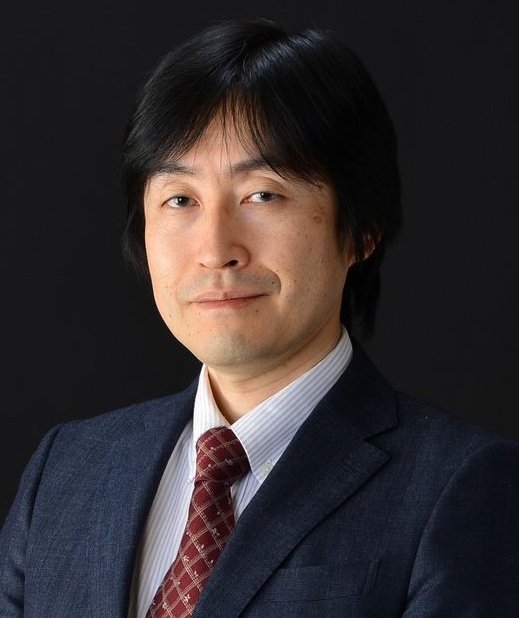
Toshiyuki Amagasa
University of Tsukuba, Japan
Abstract:
Handling entities has long been a critical task in data analytics and integration, with over 80% of time and effort often devoted to data preprocessing. Improving the performance of this task has been a persistent challenge. Recently, transformer-based pre-trained language models and large language models (LLMs) have emerged as key tools for entity processing tasks such as named entity recognition (NER) and entity matching. However, these models introduce new challenges, including significant demands for computational resources and high-quality training data. In this talk, we will review recent advances in deep entity processing and explore the associated challenges and research opportunities.
Bio:
Toshiyuki Amagasa received B.E., M.E., and Ph.D from the Department of Computer Science, Gunma University in 1994, 1996, and 1999, respectively. He is currently a full professor at the Center for Computational Sciences, University of Tsukuba. His research interests cover database systems, data mining, and database application in scientific domains. He is a senior member of IPSJ, IEICE, and IEEE, a board member of DBSJ, and a member of ACM.


